Michael W. Floyd
Self-directed Learning of Action Models using Exploratory Planning
Mar 07, 2022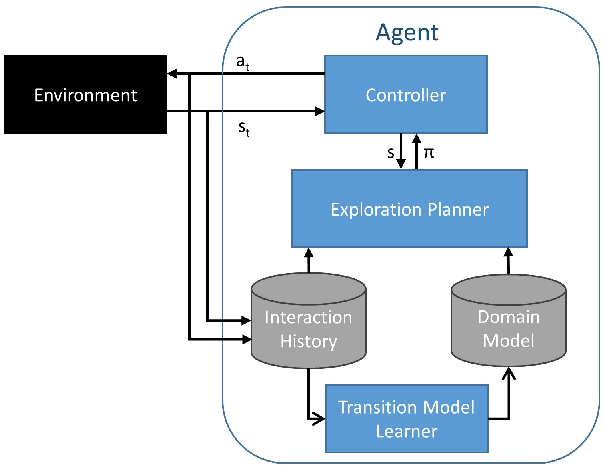
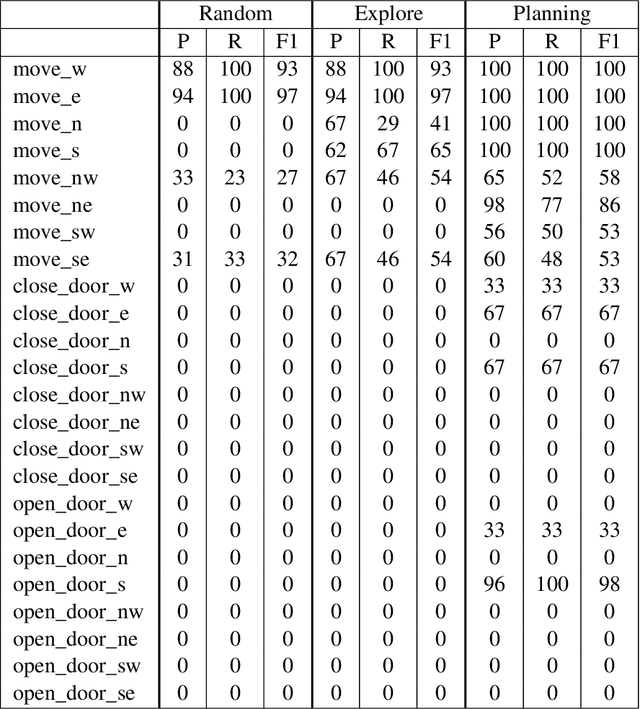
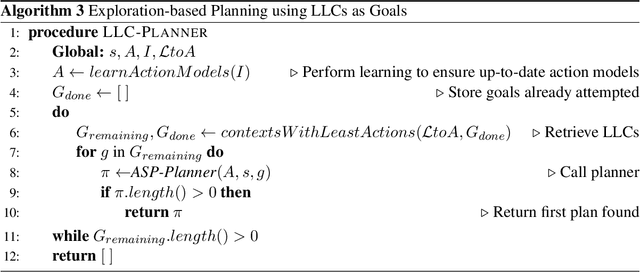
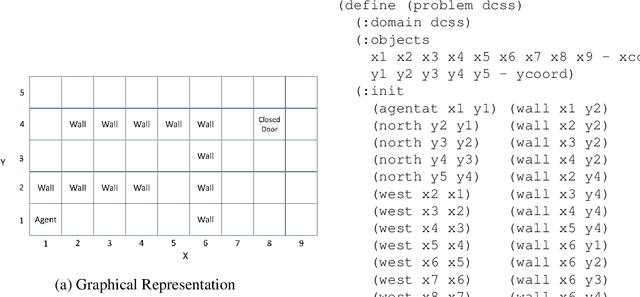
Abstract:Complex, real-world domains may not be fully modeled for an agent, especially if the agent has never operated in the domain before. The agent's ability to effectively plan and act in such a domain is influenced by its knowledge of when it can perform specific actions and the effects of those actions. We describe a novel exploratory planning agent that is capable of learning action preconditions and effects without expert traces or a given goal. The agent's architecture allows it to perform both exploratory actions as well as goal-directed actions, which opens up important considerations for how exploratory planning and goal planning should be controlled, as well as how the agent's behavior should be explained to any teammates it may have. The contributions of this work include a new representation for contexts called Lifted Linked Clauses, a novel exploration action selection approach using these clauses, an exploration planner that uses lifted linked clauses as goals in order to reach new states, and an empirical evaluation in a scenario from an exploration-focused video game demonstrating that lifted linked clauses improve exploration and action model learning against non-planning baseline agents.
Dungeon Crawl Stone Soup as an Evaluation Domain for Artificial Intelligence
Feb 05, 2019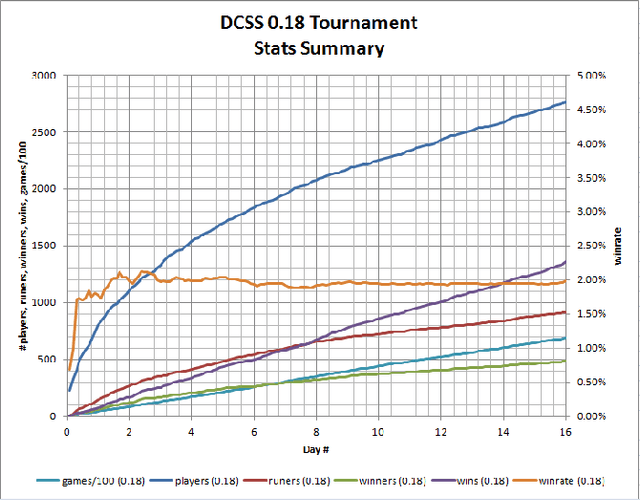
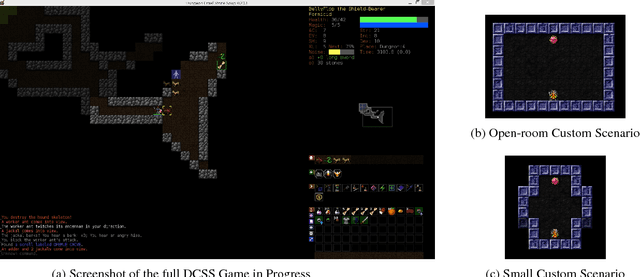
Abstract:Dungeon Crawl Stone Soup is a popular, single-player, free and open-source rogue-like video game with a sufficiently complex decision space that makes it an ideal testbed for research in cognitive systems and, more generally, artificial intelligence. This paper describes the properties of Dungeon Crawl Stone Soup that are conducive to evaluating new approaches of AI systems. We also highlight an ongoing effort to build an API for AI researchers in the spirit of recent game APIs such as MALMO, ELF, and the Starcraft II API. Dungeon Crawl Stone Soup's complexity offers significant opportunities for evaluating AI and cognitive systems, including human user studies. In this paper we provide (1) a description of the state space of Dungeon Crawl Stone Soup, (2) a description of the components for our API, and (3) the potential benefits of evaluating AI agents in the Dungeon Crawl Stone Soup video game.
 Add to Chrome
Add to Chrome Add to Firefox
Add to Firefox Add to Edge
Add to Edge